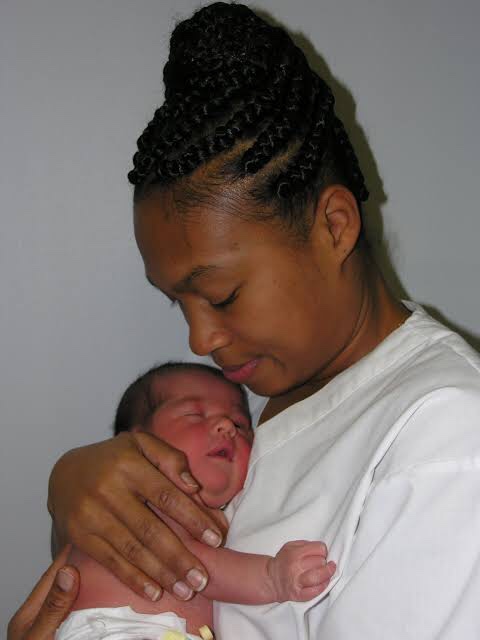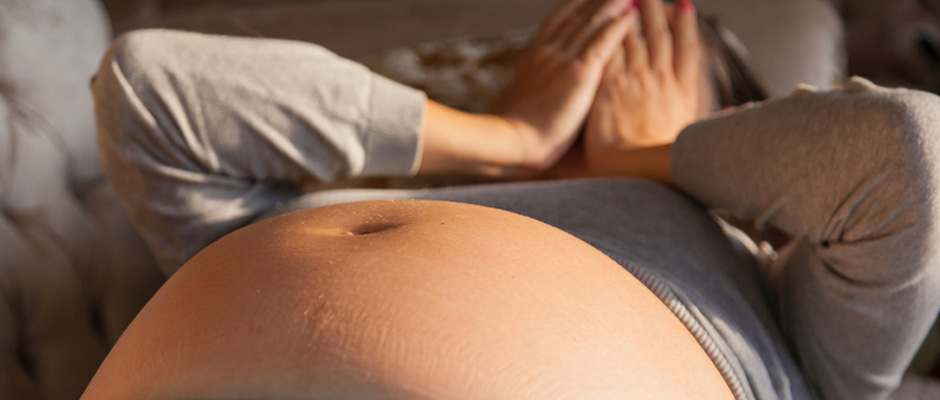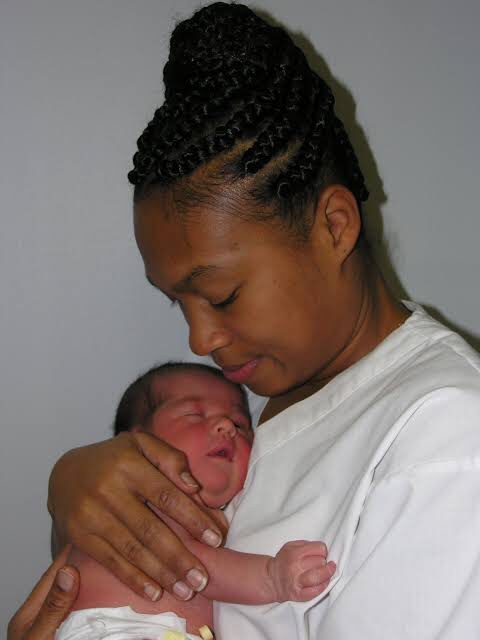
When To Call the Doctor For Your Newborn?
When To Call the Doctor For Your Newborn ( or go to the ER ) By Dr. Cathryn.

Congratulations on your new baby! It’s such an exciting, overwhelming, confusing, joyous, and scary time. The first few weeks can be particularly challenging. All of a sudden you’re totally responsible for another human being—and you may not have any previous experience with babies or any friends or family nearby to guide you.
My goal is to help make the beginning of this journey easier for you. Babies are strange little creatures and they’re not always easy to read. Many new parents feel hesitant about calling their doctor and wonder whether they’re over-reacting. So, I’ve put together a list of a few common newborn problems that require a call or visit your healthcare provider in the first month of life. It will help you for knowing When To Call the Doctor For Your Newborn.
FEVER: Newborn babies may get a fever as the first and the only sign of a serious infection. Call your baby’s doctor immediately or better yet, go to the Emergency Room, if your new baby is younger than 1 month old and has a rectal temperature of 100.4°F (38°C) or higher. This isn’t a situation to watch and see whether the fever goes away on its own.
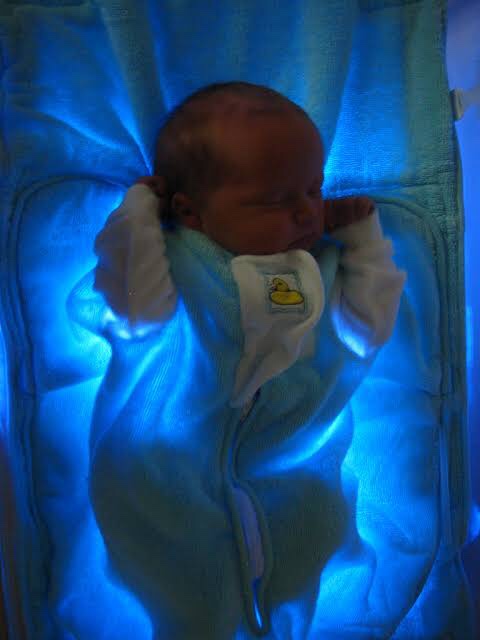
JAUNDICE: Yellowing of the skin and eyes is very common in the first few days of a new baby’s life. For most babies, jaundice will go away on its own. However, some new babies will require treatment in the hospital. You should see your baby’s health-care provider if your little one appears more jaundiced or feedings aren’t going well. Also, watch for signs of dehydration, such as fewer wet diapers, or urates in the diaper. (Urates are a red-orange stain found in your baby’s diaper that may be caused by dehydration).
BREASTFEEDING YOUR NEWBORN: WHAT TO EXPECT
VOMITING: Many babies spit up. But it’s important to be able to differentiate between vomit and spit-up because vomiting needs a trip to the hospital, while spit-up can be discussed with your doctor. How can you tell the difference? Spit-up effortlessly spills out of the mouth, is typically a small amount, and sometimes comes up with a burp. While vomiting is more forceful and is a larger amount. If your baby’s vomit is consistently forceful or dark green in color or spit-up is copious, you should take your little guy to the hospital. If you’re not sure whether your baby is spitting-up or vomiting, err on the side of safety, and have your baby seen by a doctor.
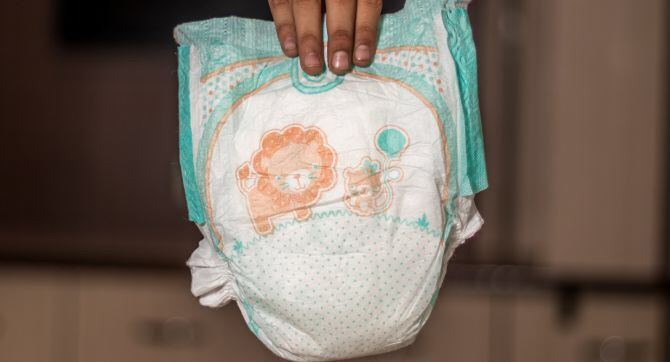
INS & OUTS: Since your baby can’t tell you how she’s feeling, you’ll partly need to depend on wet and poopy diapers to guide you about her hydration and nutrition.
Urine output—-In the early days, a baby typically has one wet diaper for each day of life. In other words, 1 wet diaper on day one, 2 on day two, and so on… Once your milk comes in, you can expect approximately 5 – 6 wet diapers in a day.
Poopy diapers—- Newborn poop comes in a variety of colors and consistency. Pooping is also a reflection of your baby’s wellbeing. First comes meconium, the black tarry stool that filled your baby’s intestine when in utero. Next comes a transitional stool, which is a dark green, yellow, yellow-green, loose, and possibly seedy stool. Then within a few days comes a mustard-like color, watery, or seedy stool for breast-fed babies. A bottle-fed baby’s poop can have a more brownish colored stool that is soft but formed.
So here’s the deal. There’s a lot of variation of normal newborn poop! So, what’s average? In the first few weeks of life, a breastfed baby may have 1 – 10 bowel movements per day with the average being 5. A bottle-fed baby will typically have 2 bowel movements a day, but this number may also vary.
When should you contact your physician regarding your baby’s Ins & Outs in the first month of life? (It’s important to realize we are talking about the first month of life—as your baby’s digestive system is changing quickly and what’s considered normal will change after this time).
Call your doctor if:
1️⃣ your baby has urates in several diapers
2️⃣your little one isn’t having adequate urine output.
3️⃣your newborn isn’t having a daily BM in the first few weeks of life.
4️⃣ stools are white or light-colored stool (especially if your baby is jaundiced, as this may reflect liver problems)
Other reasons to see your doctor would include non-stop crying, feeding problems, sleeping more than usual, breathing rapidly, and anything that makes you feel worried.
Finally, if anything about your baby’s condition is making you feel uncomfortable, please see your healthcare provider. Trust your instincts—they’re typically right!
MUST-READ : Seven Secrets Every Woman Must Know Before Giving Birth
Medical Disclaimer. The information on this site is not intended or implied to be a substitute for professional medical advice, diagnosis or treatment. All content, including text, graphics, images and information, contained on or available through this web site is for general information purposes only.
 About the Author: Dr. Cathryn is a consulting and general pediatrician for more than 30 years. Her work has been featured in NY Times, LA Times, Washington Post, Globe & Mail, Dear Abby, Parents, Todays Parent, Canadian Living, etc. She’s also the mother of four successful and lovely young adults, and one wildly playful puppy (who’s causing her more grief than her children ever did). Find more of her @healthiest_baby
About the Author: Dr. Cathryn is a consulting and general pediatrician for more than 30 years. Her work has been featured in NY Times, LA Times, Washington Post, Globe & Mail, Dear Abby, Parents, Todays Parent, Canadian Living, etc. She’s also the mother of four successful and lovely young adults, and one wildly playful puppy (who’s causing her more grief than her children ever did). Find more of her @healthiest_baby
Join us over at the PB Moms Exclusive Circle, where we invite healthcare experts to prepare us for life after childbirth and motherhood. Go to: pregnancybeyond.com/exclusive-circle.
Follow PregnancyBeyond on Instagram, Facebook, and Twitter.
BABY BABY ON BOARD CHILD HEALTH CHILD SAFETY AWARENESS FIRST TIME MOM GUEST POST LITTLE ONES NEW BORN NEW DAD NEW MOM PARENTS TO BE

